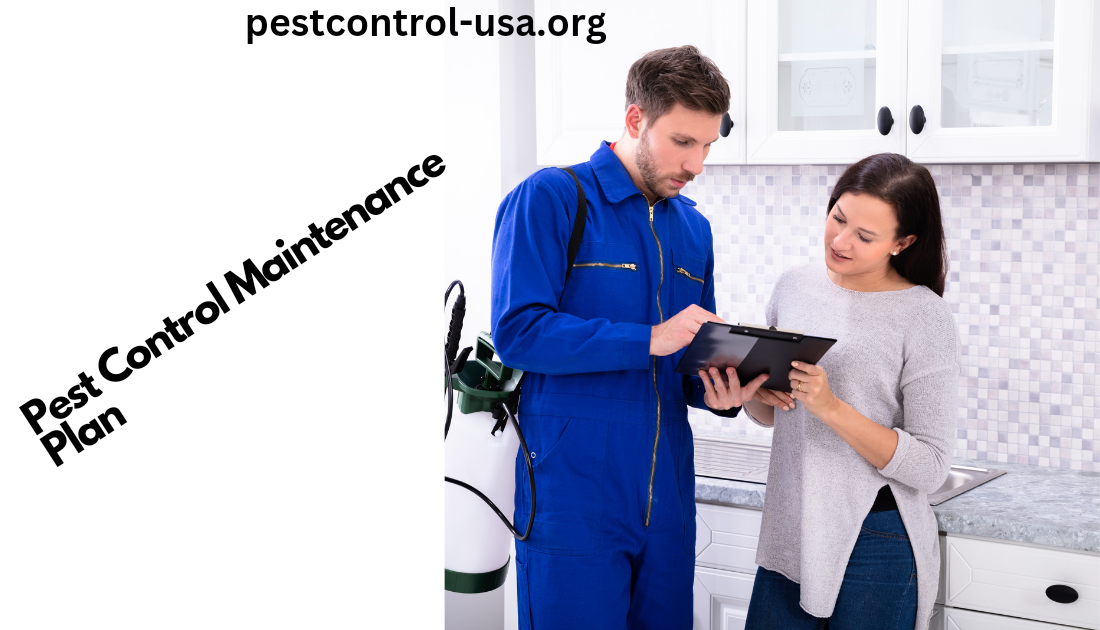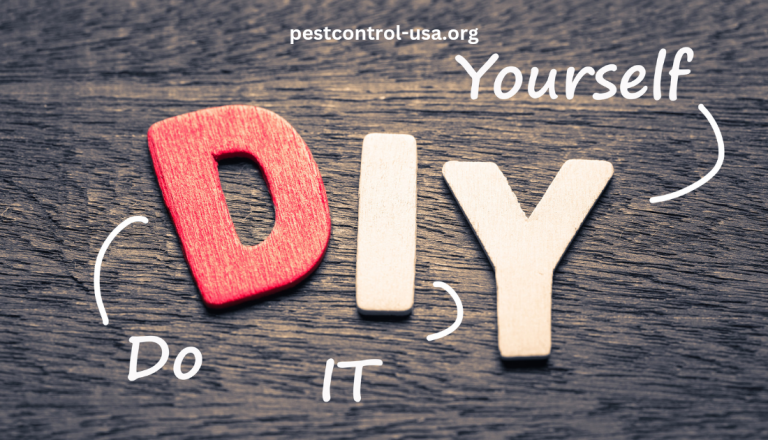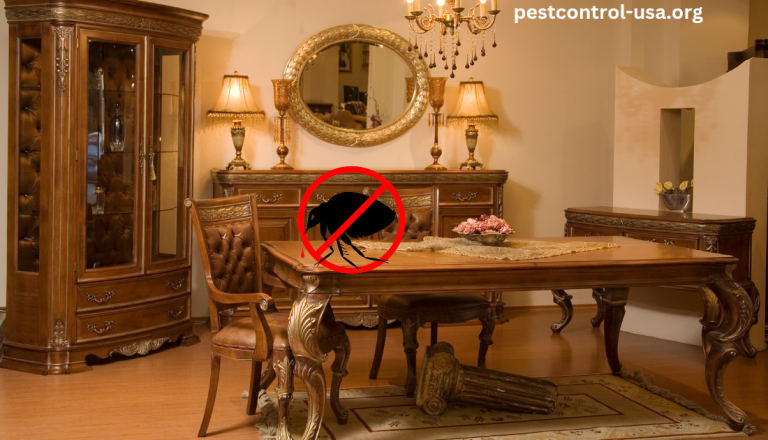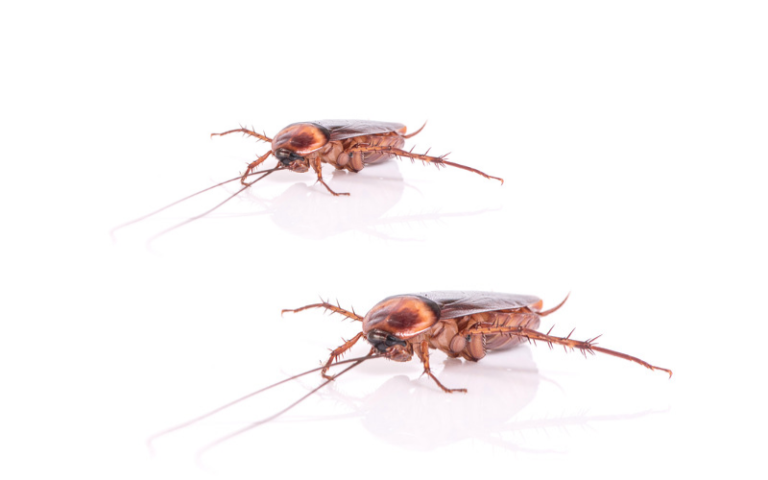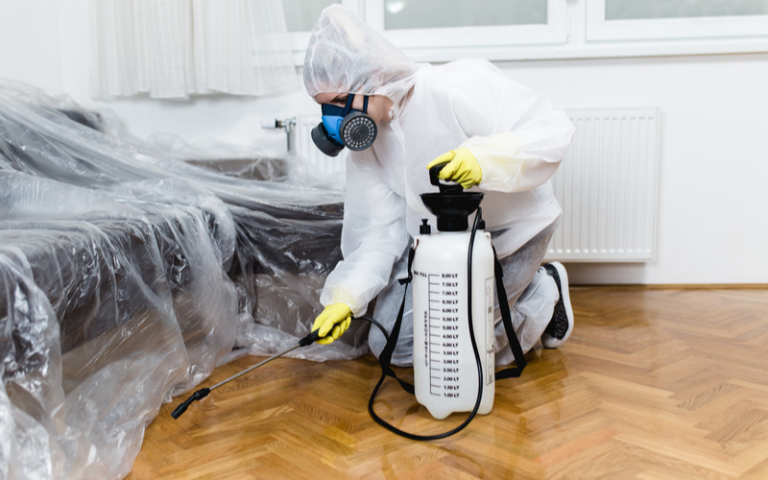A pest control maintenance plan is a service agreement between a homeowner and a pest control company. The contract spells out the services the company will perform and the frequency of those services. Homeowners who sign up for a pest control maintenance plan can be sure that their homes will be kept free of pests year-round.
Pest control companies offer different types of maintenance plans, so homeowners should take the time to find one that best suits their needs. Some companies offer monthly or quarterly service, while others come every other month. The type and severity of pests can also dictate the frequency of service.
The Advantages of a Pest Control Maintenance Plan
Homeowners who sign up for a pest control maintenance plan can enjoy many benefits, including:
-Scheduled visits from a professional technician
-Reduced risk of infestation
-Lower overall costs
-Peace of mind knowing your home is protected
How to Choose the Right Pest Control Maintenance Plan?
Not all pest control companies offer the same type of maintenance plans, so it’s important to find one that best suits your needs. Here are some factors to consider when choosing a pest control maintenance plan:
-The type and severity of pests in your area
-The size of your home
-Your budget
Once you’ve considered these factors, you’ll be able to narrow down your options and choose the right plan for your home.
A pest control maintenance plan is a great way to keep your home free of pests year-round. These plans offer many advantages, including scheduled visits from a professional technician, reduced risk of infestation, lower overall costs, and peace of mind knowing your home is protected. When choosing a pest control maintenance plan, be sure to consider the type and severity of pests in your area, the size of your home, and your budget. With so many plans available, you’re sure to find one that’s perfect for your needs.
Why is it important to have a pest management plan?
A pest management plan is a program that is designed to proactively eliminate or minimize the impact of pests in and around your home or business. Pests can include insects, rodents, birds, and even mammals. Creating a pest management plan is important because it helps you to identify potential problems before they happen, and it gives you a course of action to take if problems do arise.
Why Pest Management Plans are Important?
Pests can cause a variety of problems, ranging from financial losses to health concerns. In some cases, pests can even pose a safety hazard. For example, rodents can chew through electrical wires, which could lead to a fire. Insects can contaminate food sources, and some pests may carry diseases that can be transmitted to humans. That’s why it’s so important to have a plan in place to deal with pests should they become a problem.
How to Create a Pest Management Plan
There are four steps involved in creating a pest management plan:
1) Identify the pest or pests that are of concern. This step is important because it will determine what kind of products and methods will be used to control the pest or pests. It’s also important to consider the size and location of your home or business when making this determination.
2) Determine what physical, chemical, and biological controls will be used. This step is important because it will help you to choose the most effective means of control for the specific pest or pests that you’re dealing with.
3) Develop a monitoring program. This step is important because it will help you to track the success of your pest management plan and make necessary adjustments if problems arise.
4) Implement your pest management plan. This step is finalize everything and put your plan into action!
Creating a pest management plan is an important part of protecting your home or business from the damaging effects of pests. By taking the time to develop a plan, you can rest assured knowing that you’re prepared should any problems arise.
What is the most important aspect of pest management?
Pest management is the process of detecting, controlling and preventing pests in order to protect people, animals and plants from the potentially harmful effects of pests. It is a complex and ongoing process that involves using a variety of methods, including physical, chemical, biological and cultural controls.
One of the most important aspects of pest management is prevention. This involves taking steps to prevent pests from entering your home or business in the first place. Some simple prevention tips include sealing cracks and openings in buildings, repairing damaged screens and keeping foodstuffs in airtight containers.
Another important aspect of pest management is early detection. This means being on the lookout for signs of pests such as droppings, Gnaw marks or dead insects. By spotting these signs early, you can take action to control the problem before it becomes too severe.
The third and final aspect of pest management that we will discuss today is control. Once you have detected a pest problem, there are a variety of methods you can use to get rid of the pests, including traps, baits, pesticides and fumigation. Pest control should always be carried out by a professional to ensure that it is done safely and effectively.
Pest management is a complex process that involves using a variety of methods to detect, control and prevent pests. The three most important aspects of pest management are prevention, early detection and control. By taking steps to prevent pests from entering your home or business, being on the lookout for signs of infestation and taking action to control the problem once it has been detected, you can protect yourself from the potentially harmful effects of pests.

